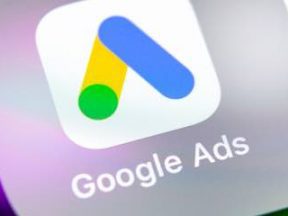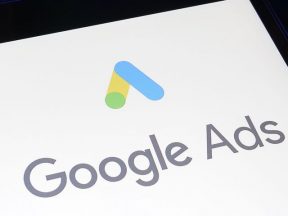Many advertising agencies offer a pay-per-click audit for potential clients. The audits allow agencies to understand the components of the account and provide recommendations. Audits are helpful but only to a point, in my experience.
I work for a PPC agency. When evaluating a potential new firm, I would ask these four questions if the roles were reversed.
4 Questions for a Prospective Agency
“How do you balance manual PPC management with automation?” Some would argue Google’s shift to automated ad optimization lessens the need for an agency. I disagree.
To be sure, an effective paid search account needs automation. Automated bid strategies adjust on the fly. Responsive Search Ads work best when Google tests all combinations. Advertisers who embrace automation have a better chance to succeed.
With this thinking, advertisers can drive PPC performance by:
- Providing better conversion data.
- Adding the maximum number of ad assets for testing.
- Consistently pausing ineffective keywords, audiences, placements, and ads.
- Implementing negative keywords.
- Researching new keywords and audiences.
However, it’s a red flag when agencies accept Google’s recommendations entirely. Ad opportunities should be vetted for ramifications.
Develop a good sense of what an agency manages and what it leaves to Google.
“How do you evaluate updates from Google?” Constant change is one way to describe the PPC industry. Agencies should be able to address changes, how they impact results and the next steps. For example, Google has been pushing Performance Max campaigns recently. Agencies should have a plan for this new campaign type, even if it’s preliminary.
Watch for vague answers, buzzwords, and Google-speak. You need to know the impact on your company.
A related question is, “How do you stay current?” The agency should be able to share a comprehensive list of blogs, thought leaders, and conferences that it follows.
“How many clients does each account manager oversee?” The answer to this question depends on multiple factors, such as the size of an account. But it should not be more than five. A manager assigned to smaller-spend accounts with little day-to-day execution could do more.
A good benchmark in my experience is no more than two accounts if the average spend is $100,000 or more a month. (Although spend isn’t the only indicator of workload.) Generally, accounts spending at least $100,000 a month have many different campaigns across Search, Display, and Video. In any given week, the manager is:
- Optimizing the account,
- Creating and sending reports,
- Researching and testing new initiatives,
- Meeting and communicating with the client.
This work will typically result in a 40 – 45 hour week for, again, larger accounts. Adding more sometimes means longer hours and less time per client, potentially leading to poor performance.
The exception is agencies that assign specialists to larger accounts to help the lead manager. Those clients should understand the overall makeup of the team and the various roles.
“How will you grow my account?” Agencies typically implement their initial recommendations and see better performance right away. The client has left its previous firm for, presumably, not meeting expectations. A fresh approach and the desire to show improved results can quickly move the account in the right direction.
Then what?
Clients need to know how the account will grow, producing more profits. For example, a long-term initiative could include creating new audiences to expand customer match lists and using those lists to promote a new product through a Display campaign.
Forward-thinking is critical.




